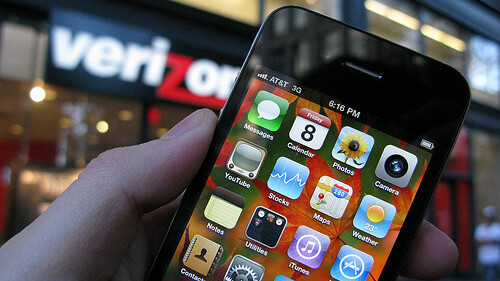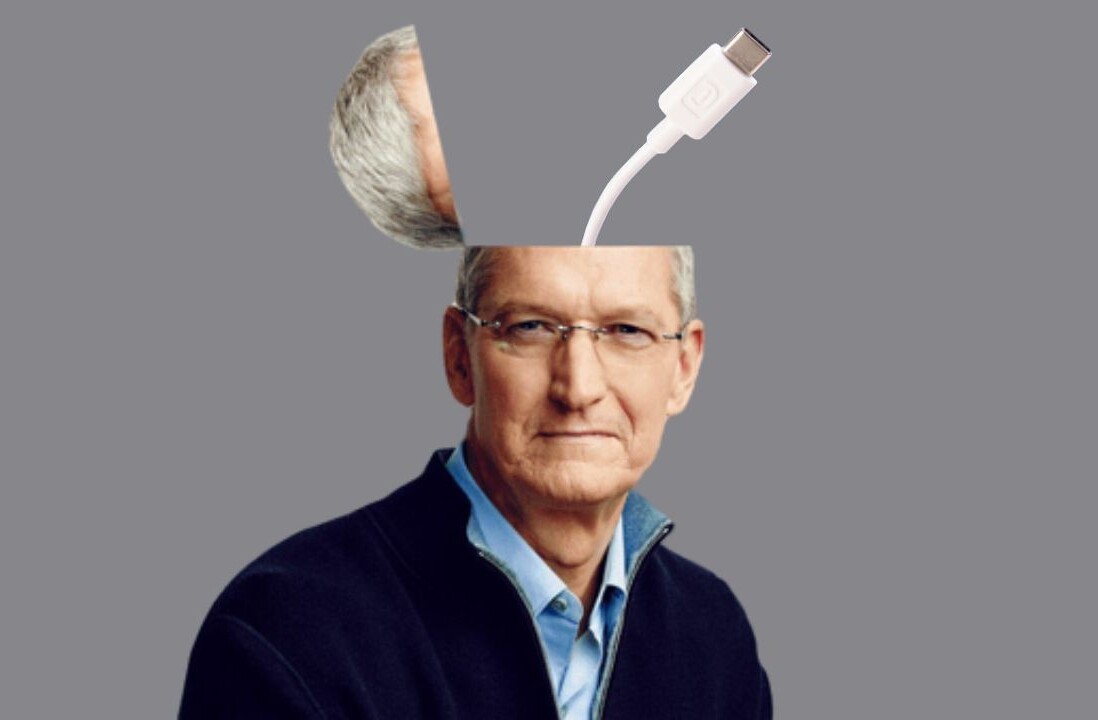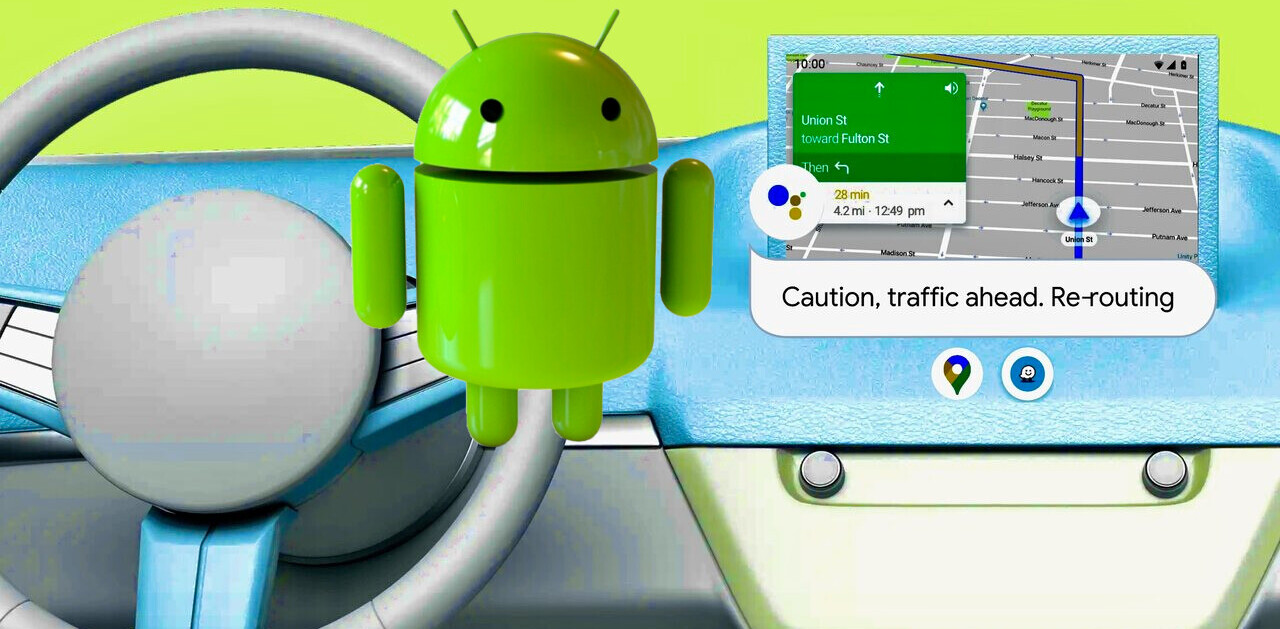

The short answer? I won’t. The longer answer, I feel, is like the same as many Android devotees but here are the fine points for those who have yet to understand:
Apple’s Favor to Android
The single biggest favor that Apple (and/or Verizon) ever did to the Android platform was in waiting so long to bring the iPhone 4 to the largest carrier in the US. Had the iPhone rolled out from day one with a GSM and CDMA version, I would venture to say that Android would still be clawing to gain ground.
Instead what happened is that Android had time to become viable. Those who “settled” for an Android phone because of carrier restrictions or those hardcore Android fanatics who dealt with the OS when it sucked (and I’m not talking all that long ago) managed to stick it out long enough for Android development to really get a firm grasp of what the platform should be.
Think I’m wrong? Look around at all of the people who are claiming how great of a phone the Nexus S is. Take a quick glance at how many Motorola Droid models have been sold. There’s a reason, folks — Android has gotten good, and Apple’s tendency to take its sweet time with releases is likely a major factor in that.
Fundamentally Different

The hard fact for iPhone owners to swallow here is that some of us really enjoy the Android platform. We tend to be the ones who want a fully-featured smartphone, but perhaps we’re not as apps-centric as iOS users. I love it when Android gets good apps, and I really do use them. But for the majority of my exposure to my phone, I’m using it for notifications and email. For me, Android is by far the better platform in both of those arenas.
Now here’s something that will really blow your mind — I’m not only a fan of Android, I’m also a Mac user. A die-hard Mac user, at that. I honestly think that OS X is superior to Windows in so many ways that I can’t even begin to count them. But that simplicity that I love in my desktop OS does not carry over to what I want from my mobile device. I want more options and I get them via Android OS.
The Global Scenario

Now, why does this matter? Simply put, it matters because the entire argument against the iPhone in the US surrounds the carrier. AT&T has been the most crippling factor in the entire iPhone system. But in other parts of the world, the iPhone works just fine. It’s slick, it’s fast and it doesn’t drop calls nearly as often as it does here. And yet there are people who live in areas where the iPhone works just fine who continue to choose Android. Amazing, isn’t it? Apparently there is more to the market than just a single phone.
While the iPhone did indeed set the standard (as the iPad has for tablet devices), the rest of the market has had a really good opportunity to catch up — and in some cases even surpass — the gold standard device.
So stop the shouting. Stop the crying out about the death of Android. As I’ve said in the past, not every product kills another. If the death were going to happen, we’d be digging up bones by now and that’s simply not the case.
Now, if you’ll excuse me, I’m going to use TweetDeck for Android to watch the conversation about this post. Why? Because it’s still better on Android than the iPhone.
Get the TNW newsletter
Get the most important tech news in your inbox each week.




